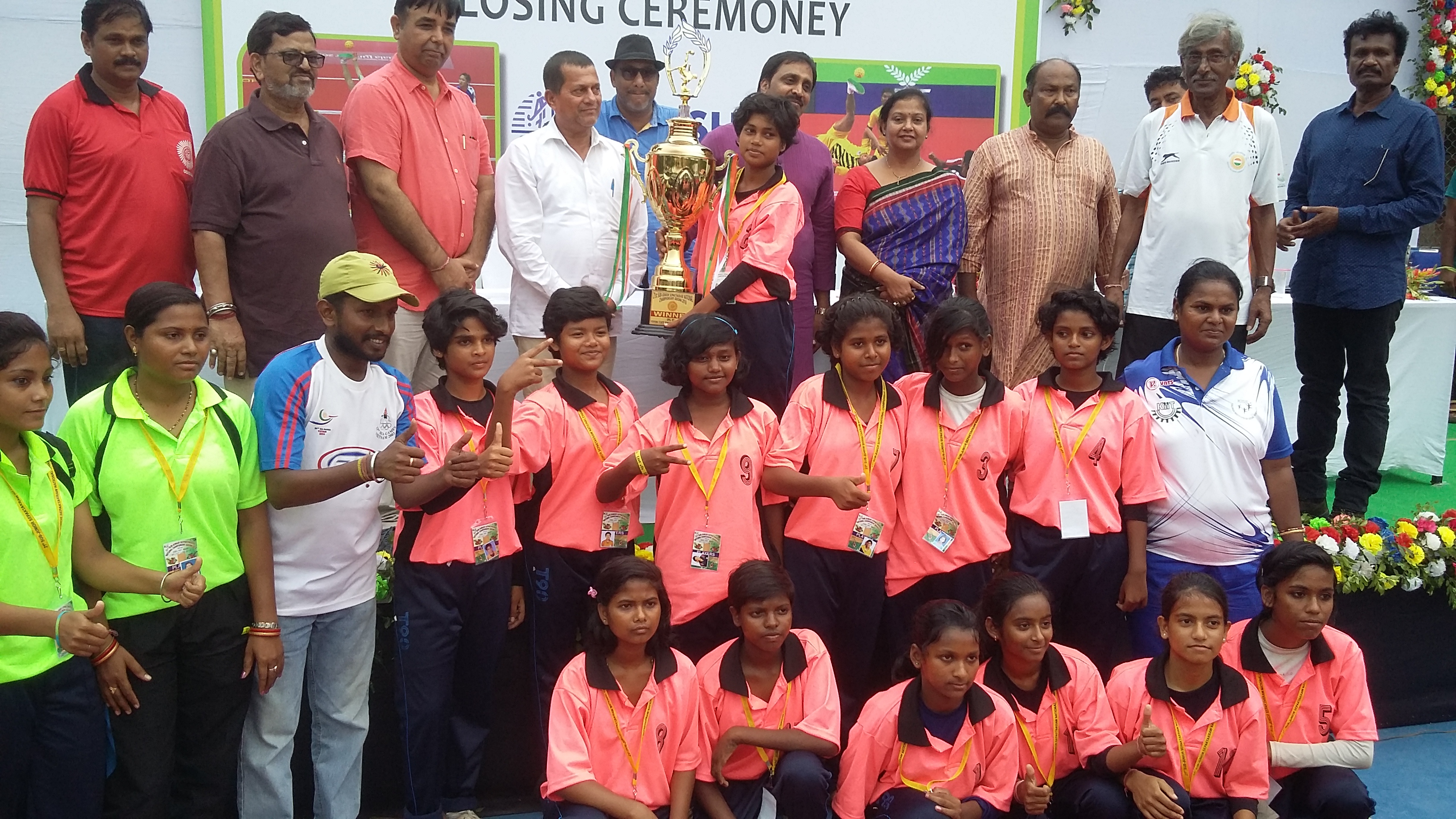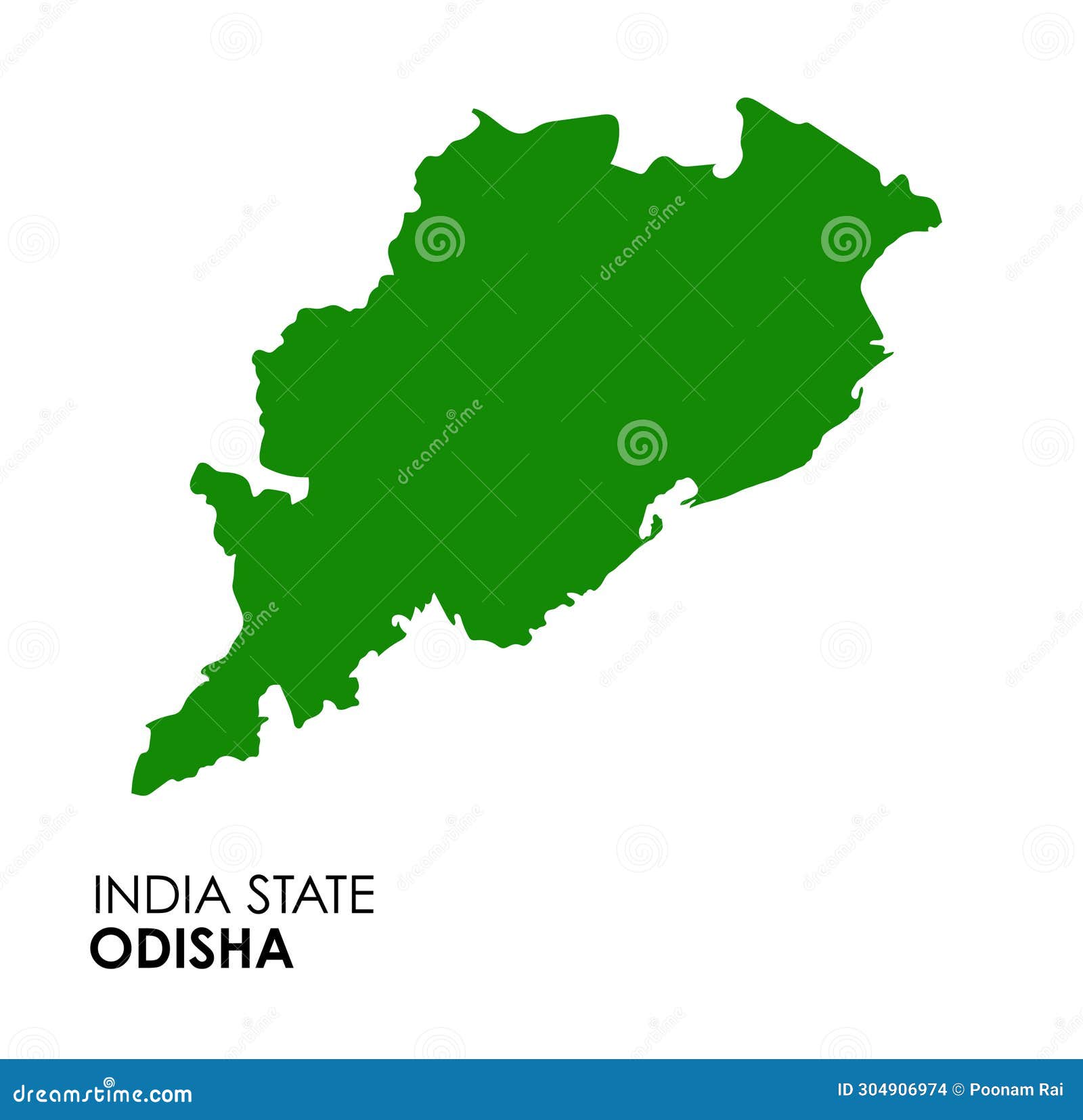Odisha Girls MMS Video: The Untold Story And Facts You Need To Know
Let me tell you something real quick about the Odisha girls MMS video scandal that’s been making waves online. This isn’t just another viral clip or internet sensation; it’s a serious issue with real-world consequences for those involved. In this article, we’re diving deep into what happened, why it matters, and how we can approach such topics responsibly. So grab your seat, because we’re about to break it all down for you.
Now, before we jump into the nitty-gritty details, let’s set the stage. The internet is a wild place where things go viral faster than you can say “trending.” But when sensitive content like the Odisha girls MMS video surfaces, it raises important questions about privacy, consent, and the impact on individuals’ lives. This is more than just a scandal—it’s a conversation starter about digital ethics and responsibility.
Before we proceed, a quick disclaimer: This article isn’t here to sensationalize or spread misinformation. Instead, our goal is to provide you with accurate information, highlight the broader implications, and guide you on how to navigate similar situations responsibly. So buckle up, because we’re about to uncover some truths.
- Brandy Passante Nude A Comprehensive Look At The Controversy And Beyond
- Aagmaal Live The Ultimate Guide To Streaming Entertainment
What Exactly Is the Odisha Girls MMS Video?
Alright, let’s get straight to the point. The Odisha girls MMS video refers to a leaked clip that originated from a private moment involving young individuals. This kind of content often spreads like wildfire on social media platforms, leading to widespread attention and backlash. But what makes this particular case stand out? Well, it’s not just about the video itself—it’s the ripple effect it has on the lives of those involved.
Here’s the kicker: In today’s digital age, privacy breaches like these are becoming increasingly common. But each incident carries its own unique challenges. For the Odisha girls, the repercussions have been significant, affecting their personal lives, education, and mental well-being. It’s crucial to understand the context and avoid jumping to conclusions based on hearsay.
Understanding the Background
Let’s rewind a bit. The incident reportedly took place in Odisha, a state in India, where the video was initially shared among a small group before finding its way onto larger platforms. Now, imagine this: A private moment captured on a phone ends up in the hands of strangers across the globe. Sounds scary, right? That’s exactly why cases like this demand our attention and empathy.
- Vegamoviescom In Your Ultimate Destination For Movie Streaming
- David Bromstad Partner The Untold Story Of Success And Collaboration
Some key facts to consider:
- The video was reportedly recorded without the consent of all parties involved.
- It quickly gained traction on social media, sparking debates about privacy laws and digital literacy.
- Authorities in Odisha have taken steps to investigate and address the issue, but the damage has already been done.
Why Does This Matter? The Broader Implications
Here’s the thing: This isn’t just about one video or one group of individuals. It’s about the bigger picture—the way we treat personal content in the digital world. When private moments are shared without consent, it violates fundamental rights and can have devastating effects on people’s lives. For the Odisha girls, this means dealing with public scrutiny, cyberbullying, and the stigma associated with such incidents.
But why does it matter to you? Because every time you share or engage with content like this, you contribute to the problem. We live in an era where information travels at lightning speed, and once something is out there, it’s almost impossible to control. So, the next time you come across a viral clip, ask yourself: Is this really necessary? Can I make a difference by choosing not to share?
The Role of Social Media Platforms
Social media platforms play a huge role in incidents like these. While they offer incredible opportunities for connection and expression, they also come with risks. In the case of the Odisha girls MMS video, platforms like WhatsApp, Telegram, and others became conduits for the rapid spread of the content. But here’s the good news: Many of these platforms are stepping up their game to combat such issues.
For instance:
- WhatsApp has introduced measures to limit message forwarding, reducing the spread of harmful content.
- Telegram is actively working to remove illegal or harmful material from its servers.
- Facebook and Instagram have policies in place to protect users’ privacy and remove unauthorized content.
Still, there’s a long way to go. As users, we need to hold these platforms accountable and advocate for stricter regulations.
Legal Aspects: What the Law Says
When it comes to incidents like the Odisha girls MMS video, the law plays a crucial role. In India, the Information Technology Act and other legislation aim to protect individuals’ privacy and punish offenders who distribute unauthorized content. But how effective are these laws in practice?
Here’s a breakdown:
- Section 67 of the IT Act criminalizes the publication or transmission of obscene material in electronic form.
- Section 354D of the Indian Penal Code addresses voyeurism and the unauthorized capturing or sharing of intimate images.
- Victims can seek legal recourse through civil or criminal proceedings, depending on the nature of the case.
However, enforcing these laws can be challenging. Many perpetrators operate anonymously, and victims often face barriers in accessing justice. That’s why awareness and education are key to preventing such incidents in the first place.
Privacy Laws Around the World
While we focus on India, it’s worth noting that privacy laws vary globally. In countries like the United States, Europe, and Australia, there are stringent regulations governing the distribution of personal content. For example:
- The General Data Protection Regulation (GDPR) in the EU gives individuals greater control over their personal data.
- Revenge porn laws in the U.S. impose severe penalties on those who distribute intimate images without consent.
- Australia has introduced measures to combat image-based abuse, providing victims with avenues for redress.
These international efforts highlight the importance of global cooperation in addressing privacy violations.
Psychological Impact on Victims
Let’s talk about the human side of this story. For the Odisha girls involved in the MMS video scandal, the psychological impact cannot be overstated. Imagine having your most private moments exposed to the world. It’s a nightmare no one should have to endure. Victims often experience:
- Severe emotional distress and anxiety.
- Cyberbullying and harassment from online trolls.
- Social isolation and stigma within their communities.
- Long-term effects on mental health and self-esteem.
It’s heartbreaking to think about the toll this takes on young individuals. That’s why support systems—whether through friends, family, or professional counseling—are essential in helping them cope with the aftermath.
How Can We Support Victims?
As a society, we have a responsibility to stand by victims and offer them the support they need. Here are some ways you can make a difference:
- Refuse to engage with or share harmful content.
- Report such material to the appropriate authorities or platforms.
- Spread awareness about the importance of consent and privacy.
- Encourage open conversations about digital safety and responsible behavior online.
Remember, every small action counts. By choosing to act responsibly, you’re contributing to a safer digital environment for everyone.
Preventing Future Incidents
Now that we’ve covered the current situation, let’s shift our focus to prevention. How can we stop incidents like the Odisha girls MMS video from happening in the first place? Education is the key. Here’s what needs to happen:
- Teach young people about digital literacy and the importance of respecting others’ privacy.
- Encourage open discussions about consent and healthy relationships.
- Implement stricter regulations and enforcement mechanisms for social media platforms.
- Provide resources and support for victims of privacy violations.
It’s a collective effort that requires involvement from governments, educators, parents, and tech companies alike. Only by working together can we create a safer digital landscape for future generations.
Role of Parents and Guardians
Parents and guardians play a vital role in shaping young people’s attitudes toward technology and privacy. Here are some tips for fostering responsible digital behavior:
- Have open conversations with your children about online safety.
- Set boundaries and guidelines for using social media and other platforms.
- Stay informed about the latest trends and risks in the digital world.
- Encourage your children to come to you if they encounter any issues online.
By taking an active role, parents can help their children navigate the complexities of the digital age safely and responsibly.
Media Responsibility: Reporting Ethically
Journalists and content creators also bear a responsibility in how they report on incidents like the Odisha girls MMS video. Sensationalism and clickbait headlines only exacerbate the problem. Instead, media outlets should focus on:
- Providing accurate and balanced coverage.
- Protecting the identities of victims and respecting their privacy.
- Highlighting the broader issues surrounding privacy and consent.
- Offering solutions and resources for those affected.
By adopting ethical practices, the media can play a positive role in shaping public discourse around these sensitive topics.
Examples of Responsible Reporting
There are examples of media outlets doing it right. For instance:
- A leading newspaper in India published an article focusing on the legal and psychological aspects of the case, avoiding sensationalism.
- A popular YouTube channel created a video discussing the importance of consent and digital literacy, using the incident as a case study.
- A social media campaign was launched to raise awareness about the impact of privacy violations on victims’ lives.
These efforts demonstrate that responsible reporting is not only possible but necessary.
Conclusion: Taking Action
Let’s recap what we’ve learned. The Odisha girls MMS video scandal is a stark reminder of the challenges we face in the digital age. It highlights the importance of privacy, consent, and responsible behavior online. By understanding the context, supporting victims, and advocating for change, we can make a difference.
So, what can you do? First, educate yourself and others about the risks and responsibilities of using technology. Second, refuse to engage with harmful content and report it when you see it. Finally, support initiatives and policies aimed at protecting individuals’ privacy and promoting digital safety.
Remember, every action you take contributes to a safer and more respectful digital world. Share this article with your friends and family, and let’s work together to create positive change. Together, we can make a difference!
Table of Contents
- What Exactly Is the Odisha Girls MMS Video?
- Why Does This Matter? The Broader Implications
- Legal Aspects: What the Law Says
- Psychological Impact on Victims
- Preventing Future Incidents
- Media Responsibility: Reporting Ethically
- Understanding the Background
- The Role of Social Media Platforms
- Privacy Laws Around the World
- How Can We Support Victims?
- Role of Parents and Guardians
- Examples of Responsible Reporting
Article Recommendations
- Remoteiot Vpc Review Raspberry Pi Your Ultimate Guide To Remote Access And Management
- Missy Peregrym A Rising Star In The Entertainment World



Detail Author:
- Name : Zoey Herzog
- Username : mrau
- Email : richmond34@gmail.com
- Birthdate : 1974-11-16
- Address : 1613 Labadie Turnpike South Ari, PA 59016-0151
- Phone : +1 (601) 279-9451
- Company : Grady-Rodriguez
- Job : Fire-Prevention Engineer
- Bio : Corrupti quidem suscipit est omnis reprehenderit rerum a. Vero porro illo alias possimus aliquam. Eos sed ad dolorem enim dolorum eveniet earum. Minus dolorem vitae sunt corporis.
Socials
instagram:
- url : https://instagram.com/duncanrutherford
- username : duncanrutherford
- bio : A omnis expedita molestiae sint. Est aliquam soluta velit nesciunt alias.
- followers : 5073
- following : 630
tiktok:
- url : https://tiktok.com/@duncan.rutherford
- username : duncan.rutherford
- bio : Ut et tempora quos sequi et et. Eum odit qui error eligendi nam et et.
- followers : 899
- following : 1644